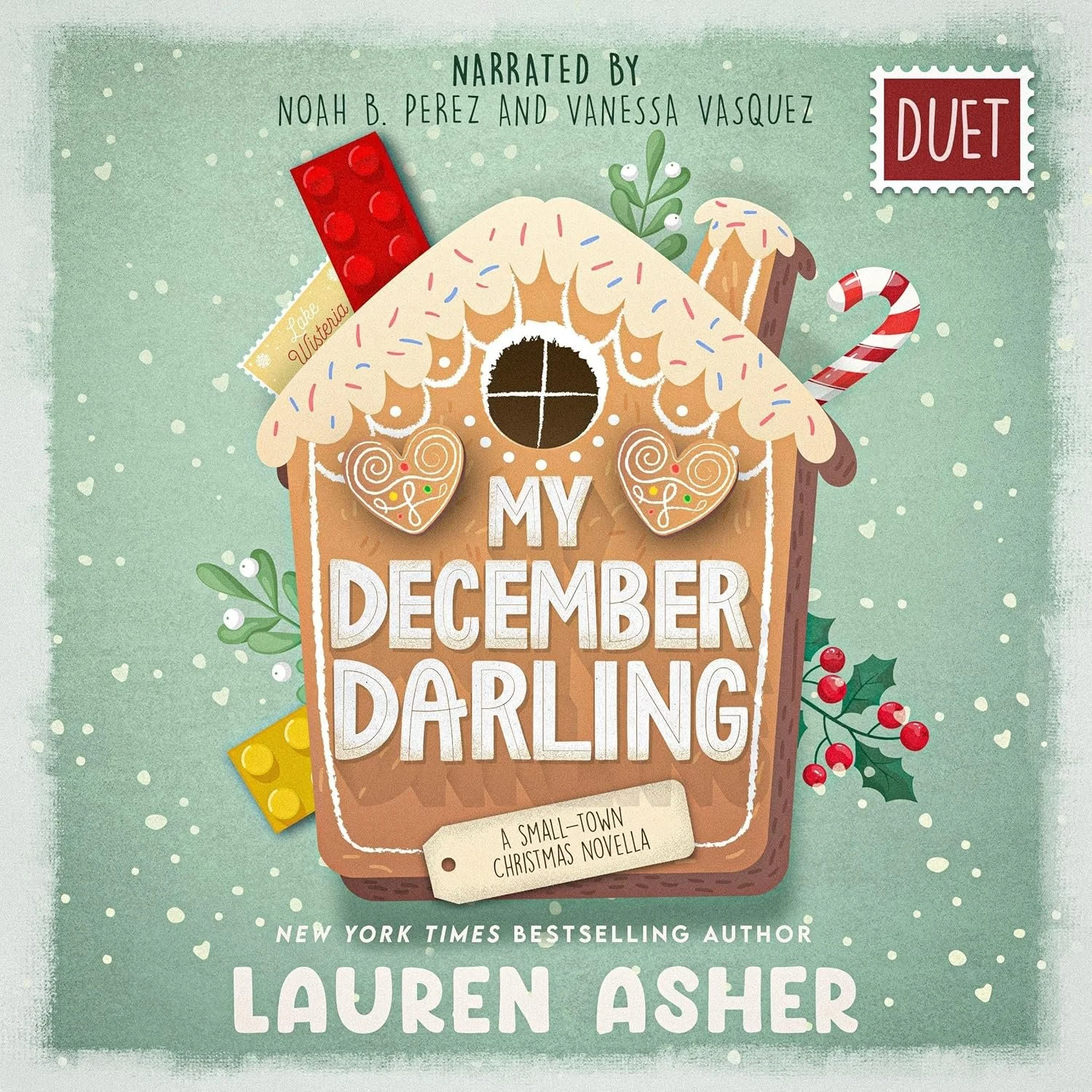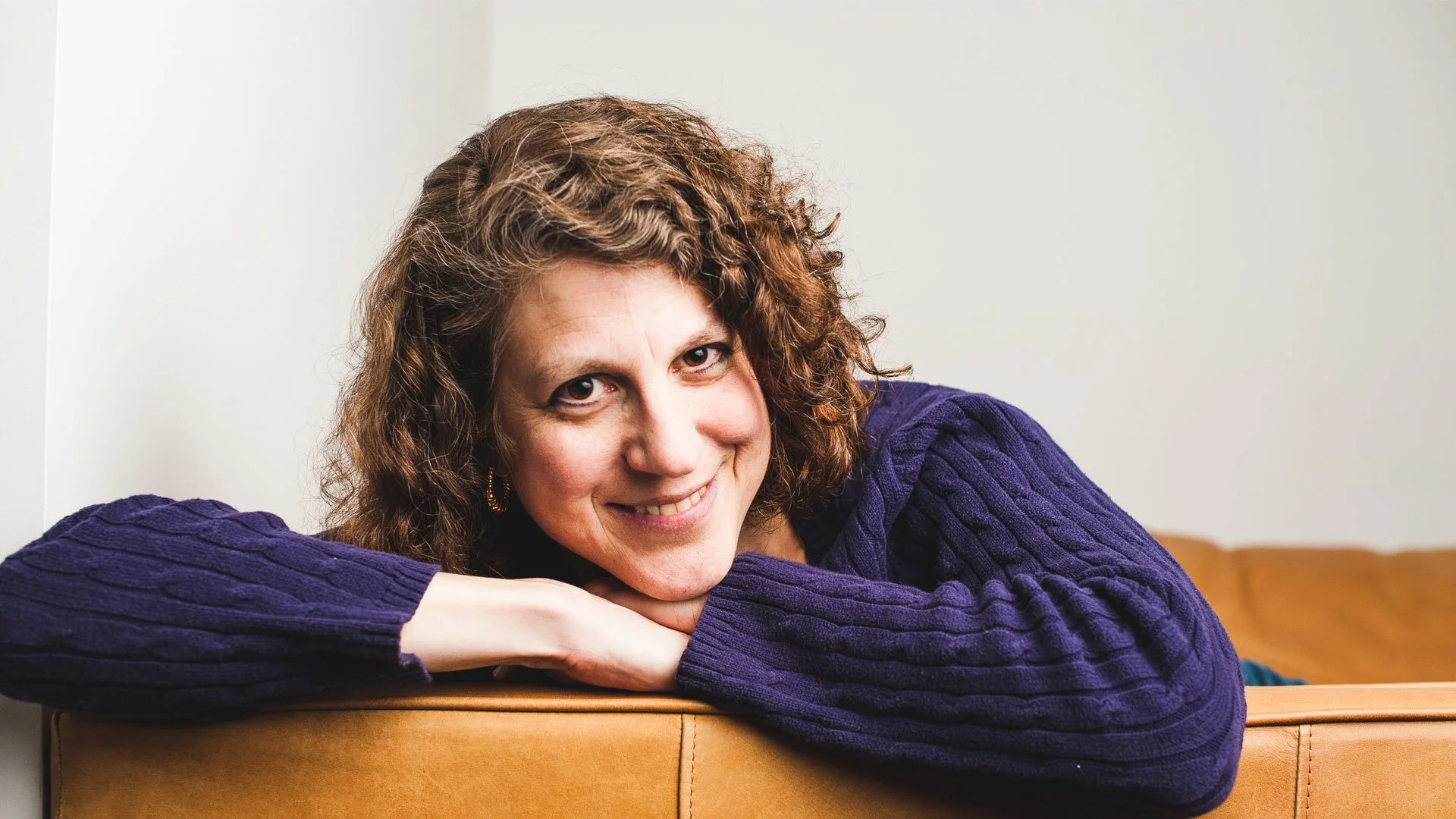Q&A with John Danenbarger, author of Entanglement: Quantum + Otherwise
/Q: The generational aspect of Entanglement: Quantum + Otherwise is one of its most fascinating elements. Can you talk about what inspired you to approach this story from the different generations of this family?
A: It was definitely an inspirational moment that created this thread of the story. At home, I had created a wall of family portrait pictures which reached back to the beginnings of photography to my great-great grandparents as young boys. I think my family must have been quite egotistical since they wanted to be photographed back when photography was not so easy. One day as I stood in front of the wall, I felt a rush of sadness as I realized that what I knew about each of these people was as thin as the paper on which each picture was printed. And simultaneously, I realized that I, too, would soon only be one of these pictures, if ever I were so lucky.
Q: Most quantum entanglement stories are science fiction of some kind. How do you think that the idea of quantum entanglement adds to the complexity of this very literary novel?
A: Obviously, quantum physics is somewhat mysterious as of yet. We humans look at this part of our existence the way a new-born or small child looks at the world – as something important and something to learn about. And, if we, as adults, continue to be curious, as we should, quantum physics is that exciting and mysterious world. So why not add it to the story as a fringe benefit, just over the edge of our sense of reality?
Q: The book is literary fiction, but there is an underlying element of crime thriller running throughout. Can you discuss these genre elements of your writing?
A: As a very wise person told me straight out, every good story is a crime thriller, more or less. Or maybe she said, a mystery. If the story does not have an underlying mystery, it is not an interesting story. And, since this story is definitely about death and its consequences, my including a murder or two was a natural. The only difference with this story and defining it as just a murder mystery novel is that the formulae rules of the murder mystery genre in this book are broken.
Q: What are you reading right now?
A: That is a somewhat ambiguous question for me since I am always reading two or three books, the audio versions on the treadmill. Just finished this week Guns, Germs, and Steel: The Fates of Human Societies by Jared Diamond, Einstein by Walter Isaacson, and Utopia for Realists by Rutger Bregman. Just begun Blowout by Rachel Maddow and am debating what in my wish-list to choose in addition. Wishing in this sense means I wish I had more time to squeeze them in all at once. My mood is for some literary fiction, so the short list at the moment is Pachinko by Min Jin Lee, Drive Your Plow Over the Bones of the Dead by Olga Tokarczuk, Quichotte by Salman Rushdie, The Nickel Boys by Colson Whitehead, or Little Fires Everywhere by Celeste Ng. But then I may suddenly discover and decide on a non-wish-lister like The Cockroach by Ian McEwan or The Topeka School by Ben Lerner.














































